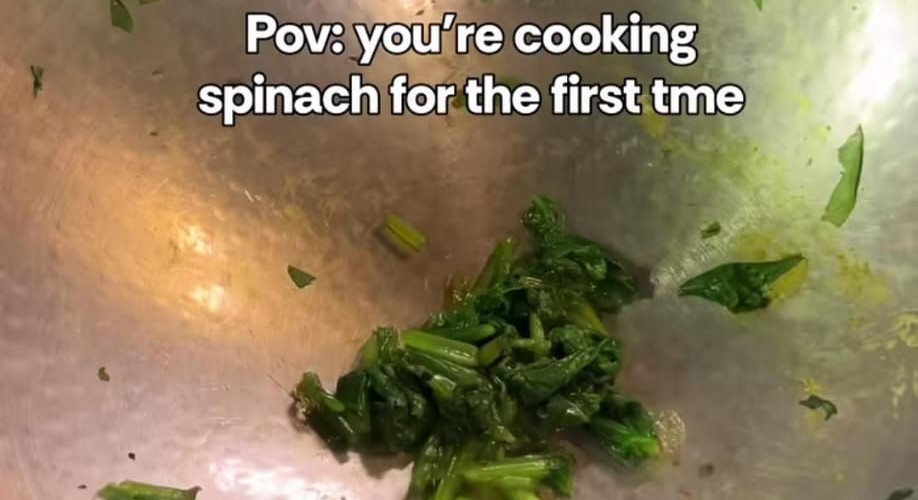French toast, a beloved breakfast staple enjoyed around the world, has long been associated with French culinary culture. But is it truly French? After we dug deep into the origins of this delectable dish, we found a fascinating story that travelled through time and across continents. The long and rich history throws new light on the humble dish while throwing up some surprises. Where is French really from, and how did it get its name - all your questions will be answered here. Are you ready to travel back in time? Do you think we are going to France? Let's find out.
Is French Toast Actually from France?
Contrary to popular belief, French toast did not originate in France. According to West Texas A&M University, it was Americans who gave the moniker "French Toast" to this dish due to the influence of French immigrants in America. In reality, the concept of soaking bread in a mixture of milk and eggs before cooking predates France itself. The first known recorded recipe for a similar dish can be traced back to ancient Rome around 300 A.D., as documented in the cookbook "Cooking and Dining in Imperial Rome" by Apicius.
Also Read: Solving The Mystery: Are Singapore Noodles Actually From Singapore?
Who Invented French Toast?
The origins of French toast are steeped in antiquity, with evidence of similar recipes found across different cultures throughout history. As French Learner elucidates, the practice of revitalizing stale bread by soaking it in a liquid mixture and frying it was a practical solution to food waste. In many countries, including France, this dish is called "lost bread," or "pain perdu," highlighting its resourceful origins.

French Toast is now a global favourite.
Photo Credit: iStock
How Did French Toast Get Its Name?
The etymology of "French toast" offers intriguing insights into linguistic evolution and cultural influences. According to Frenchly, the name "French toast" first emerged in England during the 17th century, as documented in "The Accomplisht Cook" in 1660. However, its association with France does not denote its birthplace. Instead, it is speculated to derive from the Old Irish verb "to French," meaning "to slice." This theory aligns with the historical practice of slicing bread before soaking and frying, suggesting that "French toast" originally referred to "sliced toast."
Also Read: Are French Fries Truly French? You Won't Believe Where They Really Come From
The Evolution And Globalisation Of French Toast:
Despite its humble beginnings, French toast has transcended borders and evolved into a versatile dish enjoyed in various forms around the world. From the sweet, custardy versions popular in North America to savoury renditions incorporating herbs and spices in regions like India and the Middle East, each culture has embraced French toast and infused it with its own unique flavours and ingredients.
While French toast may carry a French name, its origins extend far beyond the borders of France. Regardless of its provenance, one thing remains certain: French toast will continue to delight taste buds and bring people together for generations to come. Are you suddenly craving for a nice French toast? Check out our easy recipe.
About Neha GroverLove for reading roused her writing instincts. Neha is guilty of having a deep-set fixation with anything caffeinated. When she is not pouring out her nest of thoughts onto the screen, you can see her reading while sipping on coffee.







